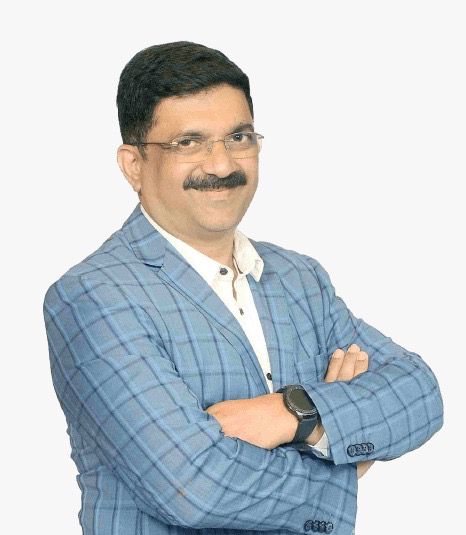Hello, everybody. I am Dr. Subodh M Shetty, a specialist in treating spine problems. I am trained to cure spine-related problems both by non-operative and operative methods. Today let’s discuss the DISC-related issues in the spine. The disc-related issues in the spine are the most common in the present generation for many reasons. I am sure all of you are aware of slipped discs. The disc is a soft tissue in our spinal column between two spine bones, and there are 7 discs in the neck, 12 in the middle back, and 5 in the lower back. It supports and works as a shock absorber and allows smooth movements between 2 spinal segments.
How to maintain your DISC Healthy?
Disc to be healthy, the structures surrounding the disc should be healthy. The spinal bones should be calcium-rich, and the spinal muscles should be well-toned and stretched. When discs, muscles, and bones are healthy, the spinal cord and spinal nerves will be well preserved and protected. Therefore, a healthy Spine needs consistency in exercises, persistence, and perseverance in maintaining a good posture and healthy eating habits. A healthy life would keep your spine in good shape and alignment. One should also know the various external factors that can directly damage the disc. They are obesity, smoking, excessive stress from traveling, and an excessive load on the spine while working. Certain diseases like diabetes, hormonal imbalance, osteoporosis, and cancer infection can damage the disc. Disc damage is a combination of spine problems like spondylolisthesis, spondylodiscitis, spondyloarthropathy, and malignancy. In the early stages of the problem, there is a pain in the back along with stiffness and if the muscles are weak. One may have difficulty standing. Sometimes if the disc slips, it may irritate or pinch the adjoining nerve causing numbness or weakness of the nerves felt in the limbs. The idea is to prevent any complications arising due to slipping disc, and this is by correcting Weak muscle injury posture by stretching the bones and joints of the spine. These are possible through simple physiotherapy, core muscle strengthening, and a few yoga techniques. When the disc is extended, the spinal cord and spinal nerves get compressed, and the pain becomes more severe in the limbs and is associated with weakness and numbness. Sometimes, there could be bladder dysfunction when the compression is very painful. In this situation, surgery is mandatory. So attempts here are to make our patients realize the importance of maintaining the spine’s health so that one can prevent disc-related complications. If complications arise, trust the operating spinal surgeon and see that irreversible damage is prevented.








